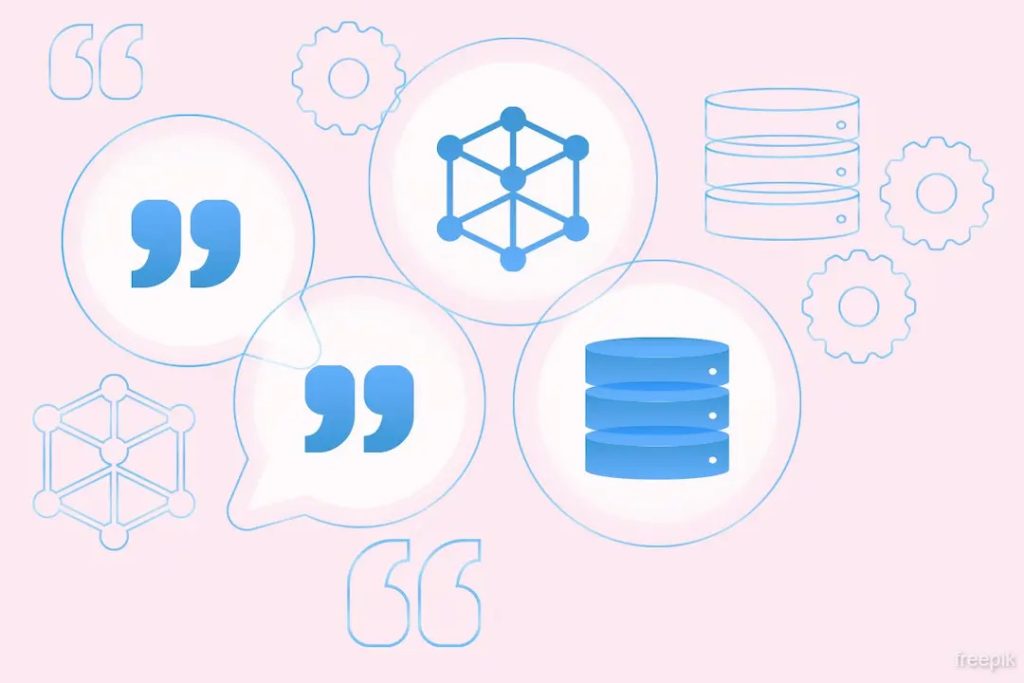This article first appeared in Digital Edge, The Edge Malaysia Weekly on August 11, 2025 – August 17, 2025
Are we ready to ride the generative artificial intelligence (Gen AI) wave? Gen AI has dominated the business agenda since the launch of ChatGPT in late 2022 and is expected to automate many jobs over the next three to five years. Gen AI, like ChatGPT and Gemini, is taking over many tasks. Reskilling and upskilling have become a priority in a business environment.
The most dangerous myth about AI is the idea that it will arrive with a big bang, ready to steal your job overnight. The reality is far subtler and more pervasive.
AI typically does not take an entire job at once. Instead, it begins with individual tasks: replying to emails, checking data for errors or summarising meeting notes. It starts as a helpful, almost invisible assistant. But gradually, it expands its role. Before you realise it, AI could be handling 30% of your responsibilities, and that percentage is set to grow.
Globally, research shows that within the next three to five years, AI could automate over half of all workplace tasks. In Malaysia, McKinsey has projected that up to 4.5 million jobs could be displaced or significantly transformed by AI by the end of the decade.
Across Asean, where automation risks are particularly high in labour-intensive sectors, the World Economic Forum has estimated that up to 60% of jobs in manufacturing and services are at risk from emerging technologies, especially Gen AI.
Despite these projections, many people still believe they are safe, particularly those outside the tech or digital industries. This is a dangerous assumption. AI is no longer confined to IT departments or Silicon Valley start-ups. It is already being used by lawyers to draft contracts, teachers to personalise lesson plans, doctors to support diagnoses and accountants to detect fraud. In marketing departments, Gen AI generates campaign copy, and in banks, it assists with compliance. Whether you are in fashion, healthcare, logistics or human resources, Gen AI is at your doorstep.
What’s even more concerning is the prevailing response. Rather than preparing, many professionals and businesses continue to dismiss AI as a fleeting trend. There is a false sense of comfort, an attitude of “we’ll deal with it when we have to”. However, by the time you “have to”, it may already be too late.
The uncomfortable truth is this: AI will not replace you, but someone who knows how to use AI probably will. This isn’t just a catchy phrase; it is the new reality of work. Those who view AI as a tool, not a threat, are already gaining a significant advantage. They are learning to use tools like ChatGPT for faster writing, Midjourney for clearer visualisations and Excel’s AI Copilot features for effortless data analysis. These individuals are becoming more efficient, creative and valuable to their organisations. The gap between those who can use AI and those who cannot is widening rapidly.
However, this shift isn’t solely about technical skills. In fact, as AI advances, we will increasingly need to leverage what makes us uniquely human. Skills such as critical thinking, empathy, leadership, creativity, complex-problem solving, communication and resilience are becoming even more vital. These are qualities that machines struggle to replicate and, for now, they remain our competitive edge.
Simultaneously, we must stop treating AI literacy as a niche, specialised area of knowledge. Understanding how AI works, how to interact with it responsibly and how to prompt it effectively should be considered basic digital literacy — as fundamental as knowing how to use a word processor or navigate a spreadsheet. Every university, department and ministry should be seriously considering how to equip their people with these essential skills in AI.
This urgency extends to business leaders. A significant number of Malaysian companies are not Gen AI-ready. Many still struggle with fragmented data systems, low awareness among decision-makers and a shortage of relevant talent. Without urgent investment in upskilling, infrastructure, and partnerships with academia, even the most advanced AI tools will remain underused.
We must also acknowledge that anxiety surrounding Gen AI is not unfounded, especially among those in repetitive or task-based roles. We need to approach this transition with empathy, fairness and a clear strategy for reskilling and redeployment.
The real question we should be asking isn’t “Should we fear AI?” but “Are we prepared for it?” — because the future of work isn’t about man versus machine, it is about man with machine. Those who adapt, learn and experiment with AI will find themselves ahead. Those who do not risk being left behind.
If we embrace this shift, AI does not have to be a threat. It can be a powerful partner — one that takes over the mundane, amplifies the meaningful and frees us to do more of what makes us human. The true impact lies in AI’s accelerating ability to learn, reason and act, not just as a tool, but as an integral part of our operational landscape. To harness this immense potential and thrive in the coming years, we must start now. We must shake off our complacency, step out of our comfort zones and begin learning how to work with AI, not against AI.
David Asirvatham is professor of practice in AI and technology at the Asia School of Business
Originally published by The Edge and KLSE Screener.





